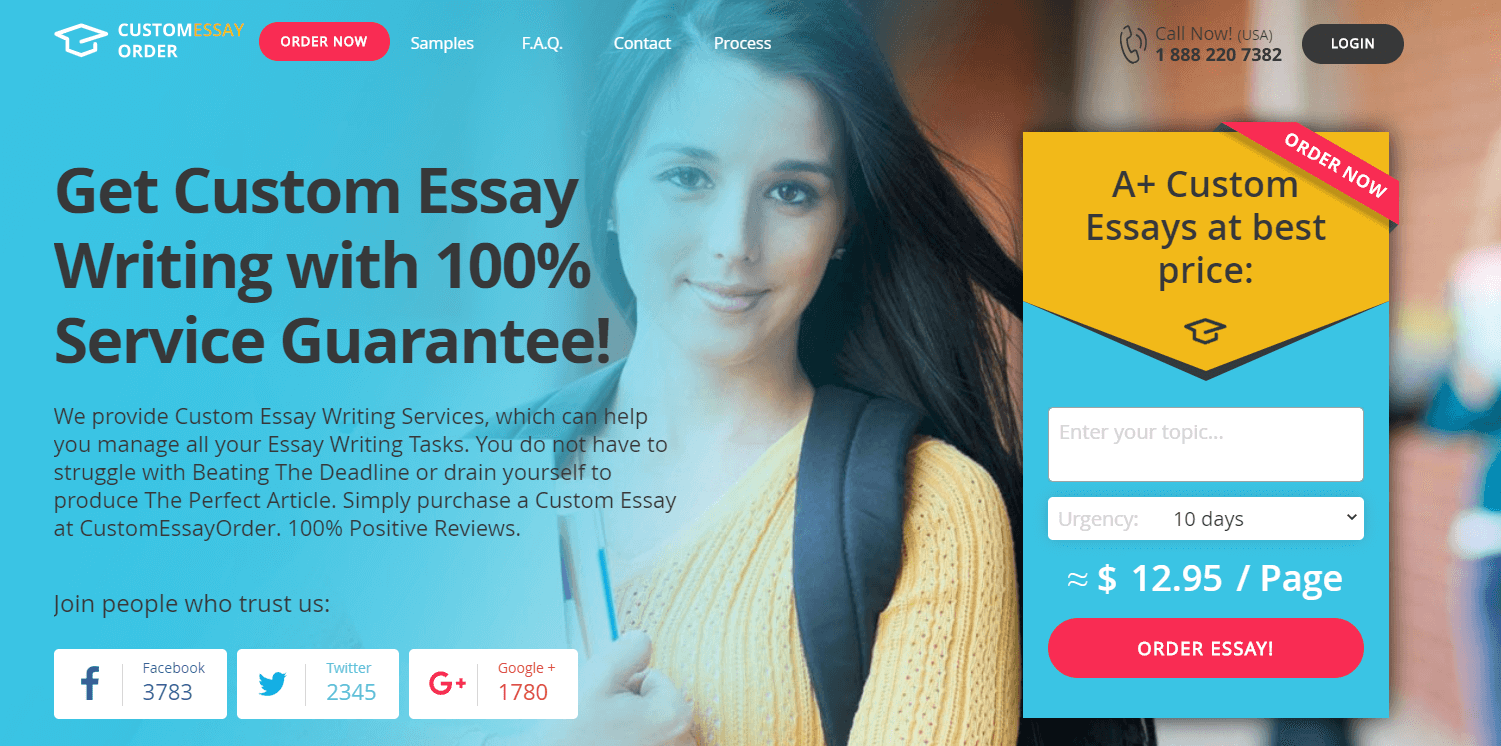Writing skills are essential for students today. They include many aspects of personal and professional development. Once obtained, a student will easily use it in the future when writing motivation or cover letter, when completing a CV or portfolio, writing a personal blog, business offer, and others. Writing skills are essential for every educated adult person. Writing self-expression is the first thing employers and business partners are paying their attention to. That is the reason students have so many essays, term papers, reviews, analytical papers, and thesis to write.
Here are 8 Easy Ways for Students to Improve Their Writing Skills:
1. Read books
The first and the most fundamental advice to improve writing skills is to read books. Every successful business person reads at least five books every month. It not only improves a vocabulary but also improves the way of thinking. The brain generates new ideas and gathers interesting speech expressions from the passive memory which reveals itself when needed. Except for boosting writing skills, you will also boost the mindset.
2. Read news
Today news is not only politics. There are tech news, music, culture, life stories, and many other types of publishers that cover world auditory. You can easily find your service and look through it one a day to know what’s new and to improve vocabulary. The most popular publishers are Forrester, Gartner, HuffingtonPost, Wired, and many others. There are articles to everyone’s taste.
3. Learn grammar
We all can speak and think that we know grammar. However, try passing one of the tests online, and you will acknowledge how wrong you are. Learning grammar is a never-ending process. Even if you have learned it Ince and have passed the exam, you will definitely forget some of the essential rules in one year. It is recommended to repeat the course once a year or at least once two years to be always professional.
4. Read blogs
After repeating grammar rules, find a few blogs to read. Yes, it is not the best option for learning the language; however, you will notice how hard it is no read stylistically, and logically poor texts. You will notice the difference between good and medium writing quality. Noticing mistakes will improve your skills significantly.
5. Talk to people correctly
When talking to people, try to use correct contractions and various words unusual for speaking. It will give you a better understanding of which context you can use particular words and which constructions are better for understanding. Watch people’s reactions. When they need time to understand or ask you to repeat, it is better not to use the phrase. Otherwise, piquant combinations are welcomed.
6. Critical thinking
If you would like to know how to improve your writing skills, you should discover how to develop critical thinking. Critical thinking includes two aspects: the ability to reason and judge according to the reasons. Writers can analyze information and find or explain the reason for any fact, concept, action, research, and others. These reasons lead them through further writing.
7. Formatting
Adjusting formatting is the most monotone and boring occupation but essential if you want to improve your English writing. Formatting rules are represented in study guides. They are to prevent plagiarism and make any paper stand for educational standards. It takes a lot of time and patience. If you don’t have both, ask assignment writing service in Australia to do it for you.
8. Structure
Each text has to be well structured as well as formatted. Otherwise, readers will lose interest after the first paragraph. First, don’t make paragraphs too long. It has to have the first introductory sentence and the last transition one. The beginning of the article, essay, paper, critical review, or other must-have a hooch, and it is necessary to mention it in conclusion. Try to represent information in an interesting way including listings. If applicable, add tables and images. Visual material is always a benefit.
Conclusion
Every educated person should realize how to develop writing skills. It is a never-ending process because, like every other field, language has its trends, a popular set of expressions and vocabulary. The ways to keep updated include reading books, journals, blogs, refreshing grammar knowledge every one or two years, and keeping the structure understandable and catchy. Developing critical thinking is another fundamental element that helps in every educational field.
Read Also :






















